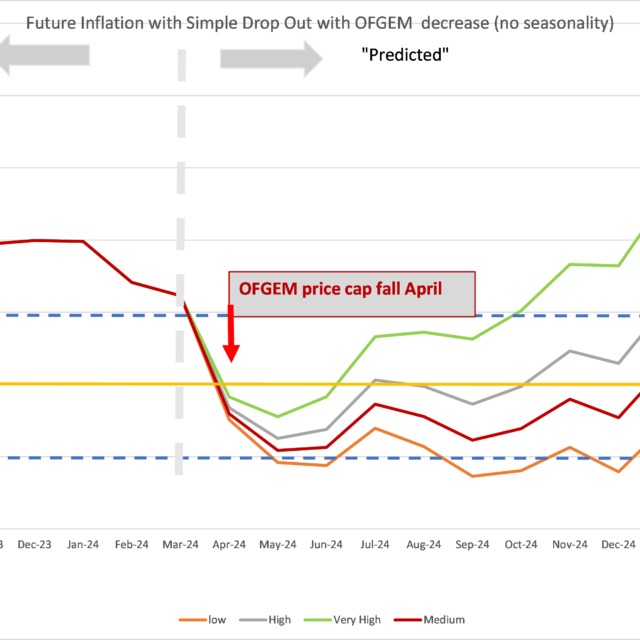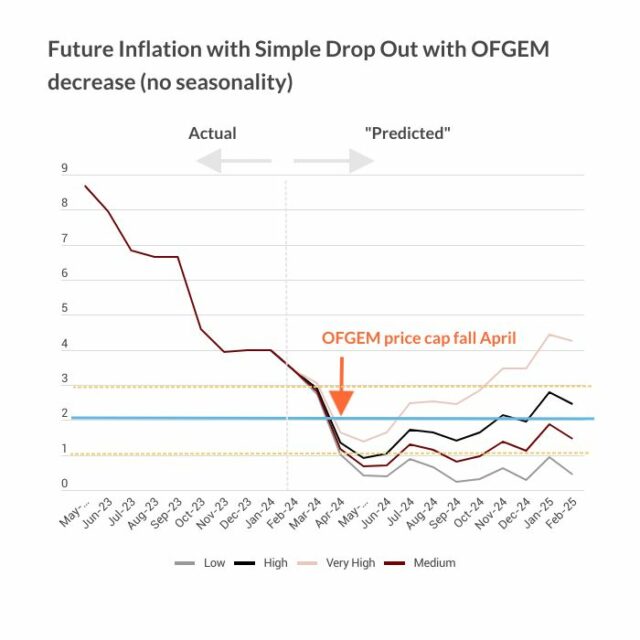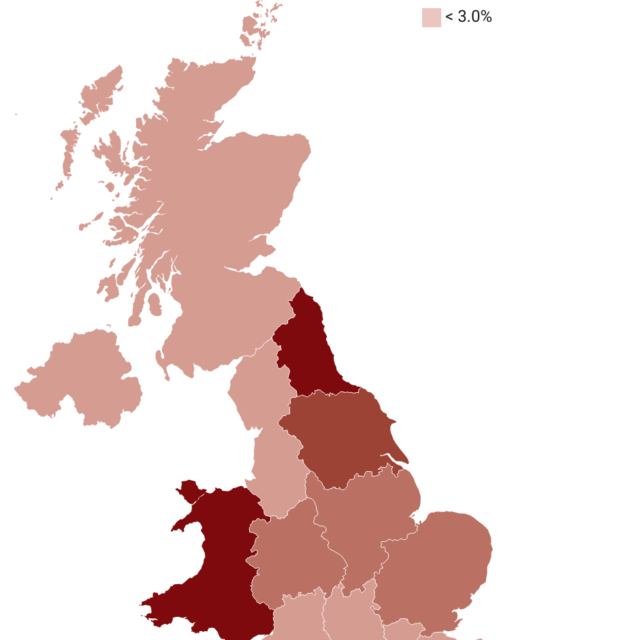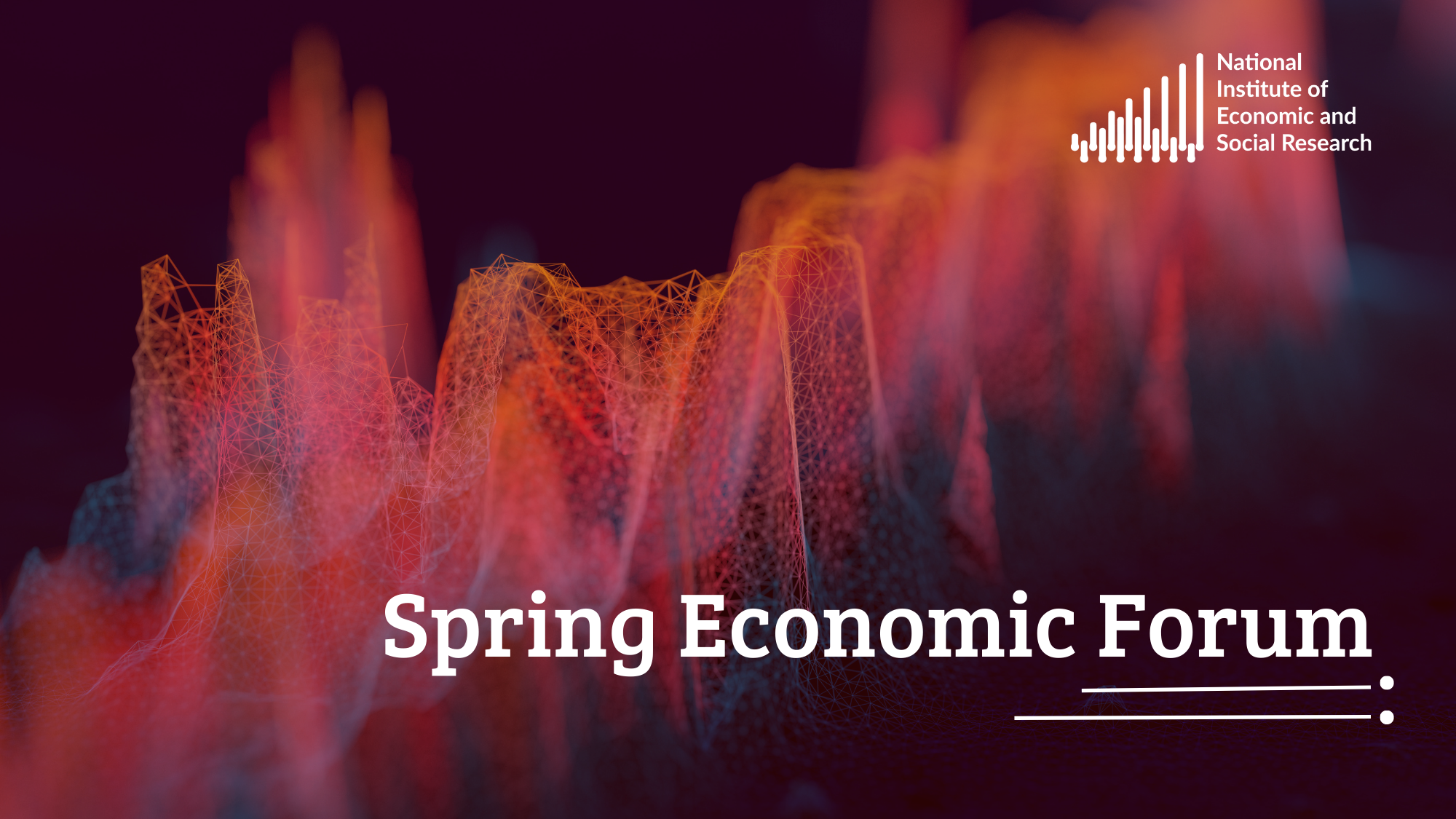Unsecured Indebtedness in the United Kingdom Ñ implications from a rational agent model
 Pub. Date
Pub. Date
 Pub. Type
Pub. Type
This report is the end of project submission for the Understanding Debt project undertaken by NIESR for the DWP and DTI. The report focuses upon undertaking a rigorous analysis of private sector indebtedness, and unsecured debt in particular. Key objectives include: <br><br />
¥ to explore the interactions between saving and unsecured indebtedness that are derived from an articulated and carefully calibrated rational agent model of the household,<br><br />
¥ to consider the extent to which the current accumulation of debt can be explained as the product of rational responses to the prevailing economic environment,<br><br />
¥ to explore the determinants and prevalence of over-indebtedness when individuals make sensible financial decisions,<br><br><br />
Key findings of the current report are:<br><br />
¥ rational households take on unsecured debt when they expect incomes to rise in the future Ñ in this context debt is a positive mechanism allowing income smoothing over the lifecycle.<br />
¥ the rational agent model substantially under-states both non-pension wealth and unsecured debt reported for the private sector in the National Accounts. Although it is conjectured that the disparity for non-pension wealth could be resolved by including a bequest motive, best estimates for the effects of adjustments to reconcile the levels of unsecured debt suggest that the model would still understate the National Accounts aggregate by 30%.<br />
¥ unsecured debt generated by the rational agent model tends to arise as the product of low incomes, which in turn are due to a marital dissolution or involuntary unemployment. These observations are qualitatively consistent with survey data, and emphasise the importance of 'indirect drivers' of private sector indebtedness.<br />
¥ the rational agent model suggests that the trend toward a higher educated population should result in greater demand for credit early in any given birth cohort's lifetime, and larger debts for those who are indebted. If this result is valid, then it may provide a motive to expand the role of student loan programmes.<br />
¥ the rational agent model implies that approximately one fifth of all households should experience at least one year of over-indebted and poverty during their lives. This result implies that overindebtedness and financial deprivation cannot simply be dismissed as a product of poor financial planning.






















